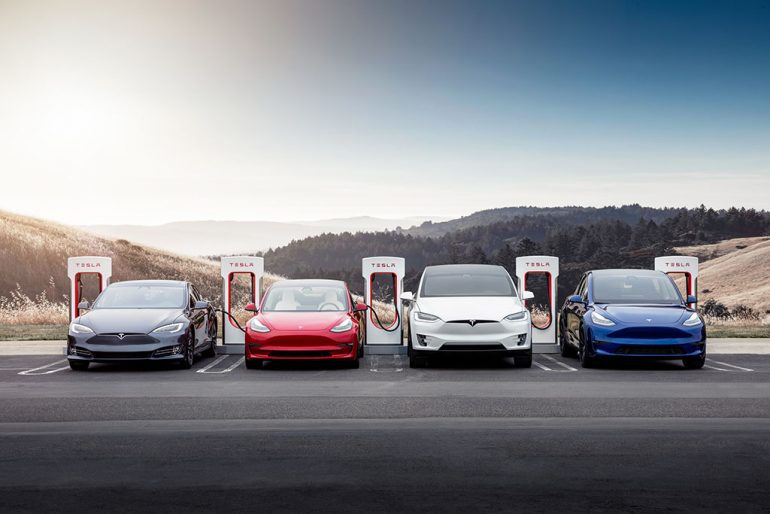
The electric vehicle (EV) market in the United States is poised to achieve a historic milestone this year, with projections indicating that EV sales will reach a record 9% of all passenger vehicles sold. This marks a notable increase from the 7.3% share observed in 2022. Atlas Public Policy predicts that over 1 million EVs will be sold in the U.S. in 2023, potentially reaching between 1.3 million and 1.4 million units, signifying the first time such numbers have been achieved in a single calendar year.
Despite this progress, the U.S. still lags behind other nations such as China, Germany, and Norway in terms of EV adoption. China leads the way with EVs comprising 33% of sales, Germany with 35%, and Norway an impressive 90% in the first half of 2023. These countries attribute their success to ambitious government emissions targets, incentives, and subsidies, along with affordable EV options.
Also, don’t forget that you can get discounted new car pricing with a free quote through qualified local dealer partners.
In the U.S., a decline in EV prices has been a pivotal factor in driving adoption. Tesla, a major player in the EV market, has consistently reduced prices for its popular vehicles throughout the year, prompting other automakers to follow suit. Increased incentives and discounts from dealers, coupled with the benefits of the Inflation Reduction Act, which raised tax credits for qualifying EV purchases, have further contributed to making EVs more accessible to consumers.
The reduction in electric car battery costs, driven by the decreasing prices of critical materials like lithium, has also played a role in making EVs more affordable. Despite these positive trends, challenges persist, particularly in addressing disparities among potential buyers. Early EV adopters tended to be higher-income individuals with the ability to charge their vehicles at home, creating a need for the industry to address these discrepancies as it targets a broader consumer base.
Barriers to widespread EV adoption include concerns about unreliable and inaccessible public charging infrastructure and the upfront cost differential compared to traditional vehicles. Although the average cost of new EVs has decreased, it still stands at $3,826 more than traditional cars. Initiatives like the adoption of Tesla’s charging technology by major automakers aim to alleviate charging concerns, but substantial changes are not expected until the next few years.
While the U.S. auto industry faces challenges such as concerns over a potential EV market slowdown, some domestic automakers are scaling back electrification targets. In contrast, several non-domestic companies, particularly Chinese EV-makers like BYD, are entering or expanding their presence in the U.S. market. Additionally, some U.S. states, including California, Washington, and New Jersey, have set ambitious targets for zero-emission vehicle sales, further influencing the trajectory of the EV market in the coming years.
Source: Associated Press